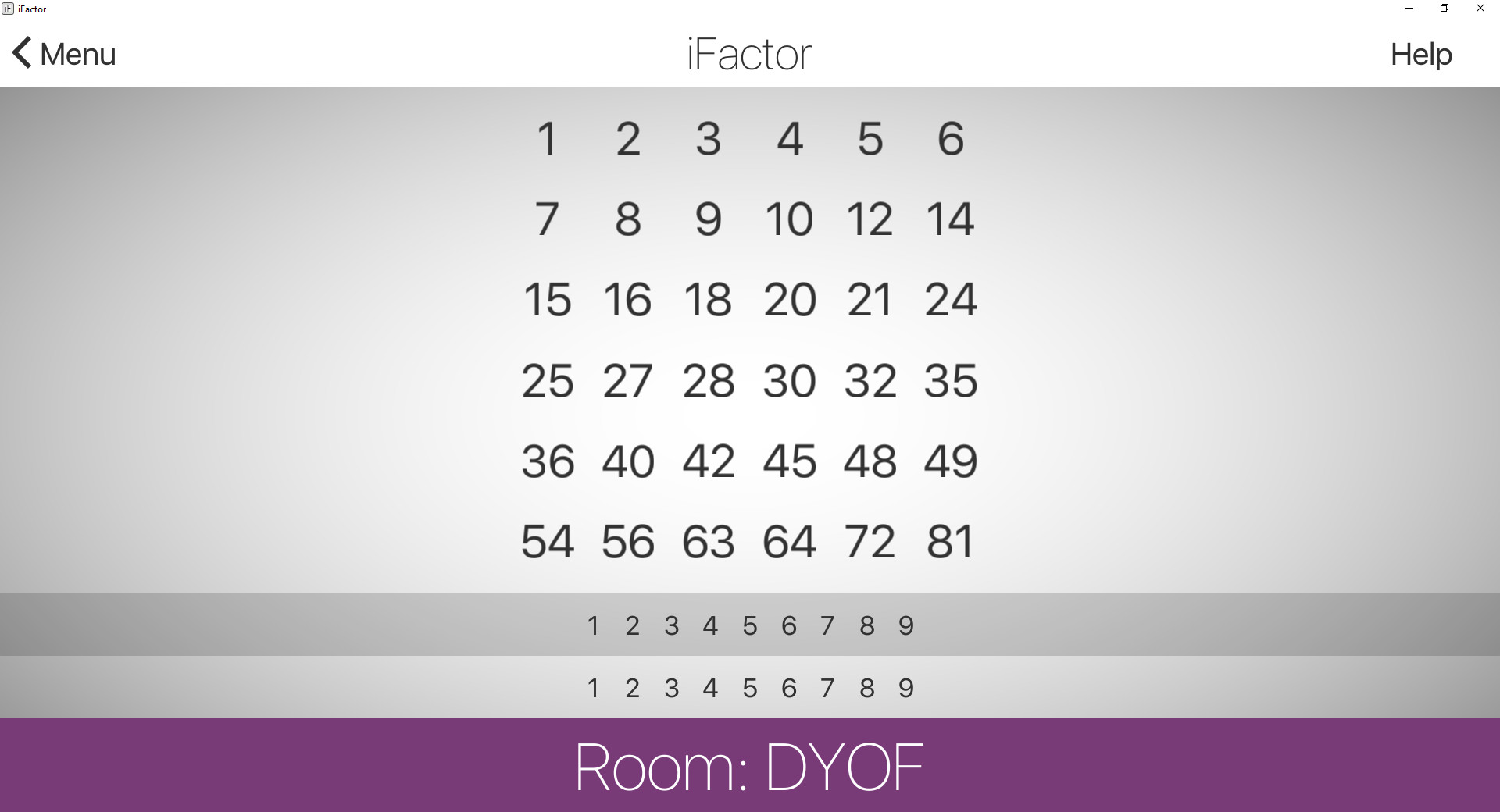


The Paralympic Games are organized in parallel and in a similar way with the Olympic Games, while the IOC-recognized Special Olympics World Games include athletes with intellectual disabilities (although since 1992, intellectually disabled people also participate in the Paralympic Games), and the Deaflympics held since 1924 and are exclusive for deaf athletes. Paralympians strive for equal treatment with non-disabled Olympic athletes, but there is a large funding gap between Olympic and Paralympic athletes. The Paralympics has grown from 400 athletes with a disability from 23 countries in Rome 1960, where they were proposed by doctor Antonio Maglio, to 4520 athletes from 163 National Paralympic Committees at the 2020 Summer Paralympics. The Paralympics has grown from a small gathering of British World War II veterans in 1948 to become one of the largest international sporting events by the early 21st century. All Paralympic Games are governed by the International Paralympic Committee (IPC).

There are Winter and Summer Paralympic Games, which since the 1988 Summer Olympics in Seoul, South Korea, are held almost immediately following the respective Olympic Games. amputation or Dysmelia), leg length difference, short stature, hypertonia, ataxia, athetosis, vision impairment and intellectual impairment. paraplegia and quadriplegia, muscular dystrophy, spina bifida), impaired passive range of movement, limb deficiency (e.g.
Ifactor races games series#
The Paralympic Games or Paralympics, also known as the Games of the Paralympiad, is a periodic series of international multisport events involving athletes with a range of physical disabilities, including impaired muscle power (e.g.


 0 kommentar(er)
0 kommentar(er)
